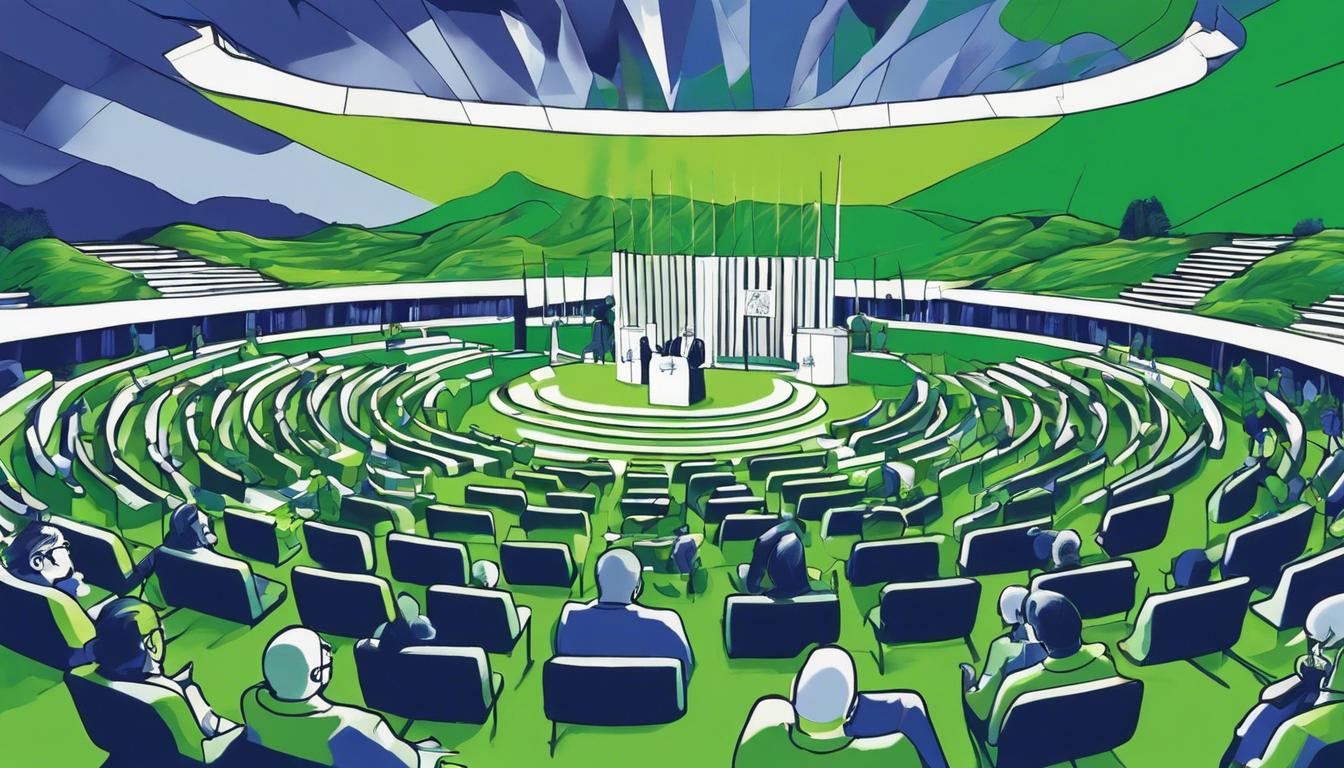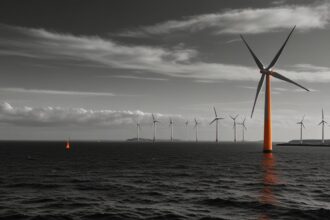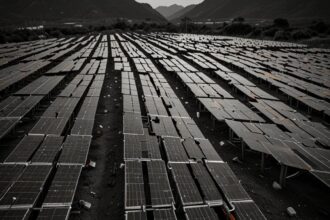Scotland’s coalition government risks falling apart as the Scottish Greens reconsider their partnership following the SNP’s decision to abandon aggressive 2030 climate targets.
Scotland’s coalition government, led by Humza Yousaf and the Scottish National Party (SNP), faces potential collapse as the Scottish Greens party reviews its partnership following the government’s decision to abandon its 2030 climate targets. The critical vote by Green members will determine the future of the power-sharing arrangement initiated by the August 2021 Bute House Agreement.
The Scottish government had originally committed to reducing carbon emissions by 75% by 2030, a target recently discarded after it was criticized by the UK Climate Change Committee for its lack of credible action in essential sectors. In lieu of the 2030 targets, the government plans to introduce “carbon budgets” every five years, aiming for zero emissions by 2045.
During this pivotal time, thousands of Scottish independence supporters rallied in Glasgow, led by First Minister Humza Yousaf. The rally demonstrated continued support for independence amidst the SNP’s internal controversies, including the embezzlement charges against former SNP chief, Peter Murrell.
The Scottish Greens, led by co-leader Patrick Harvie, express mixed feelings about continuing in government. Harvie has highlighted the importance of the coalition for advancing Green policies but acknowledges party members’ frustrations over missed climate targets. The outcome of the upcoming vote will crucially impact the SNP’s ability to maintain a majority in the Scottish Parliament and the government’s approach to climate policies.
Overall, the political landscape in Scotland is marked by debates over environmental commitments and the push for independence, with the Scottish Greens’ decision poised to influence the trajectory of both agendas.













